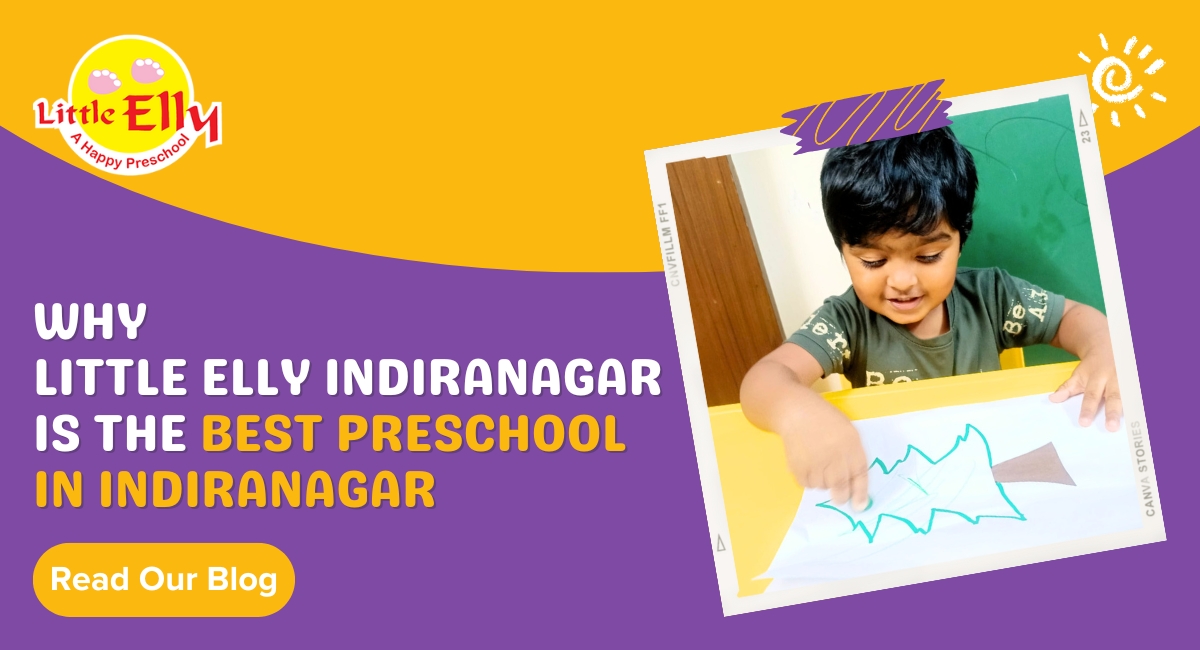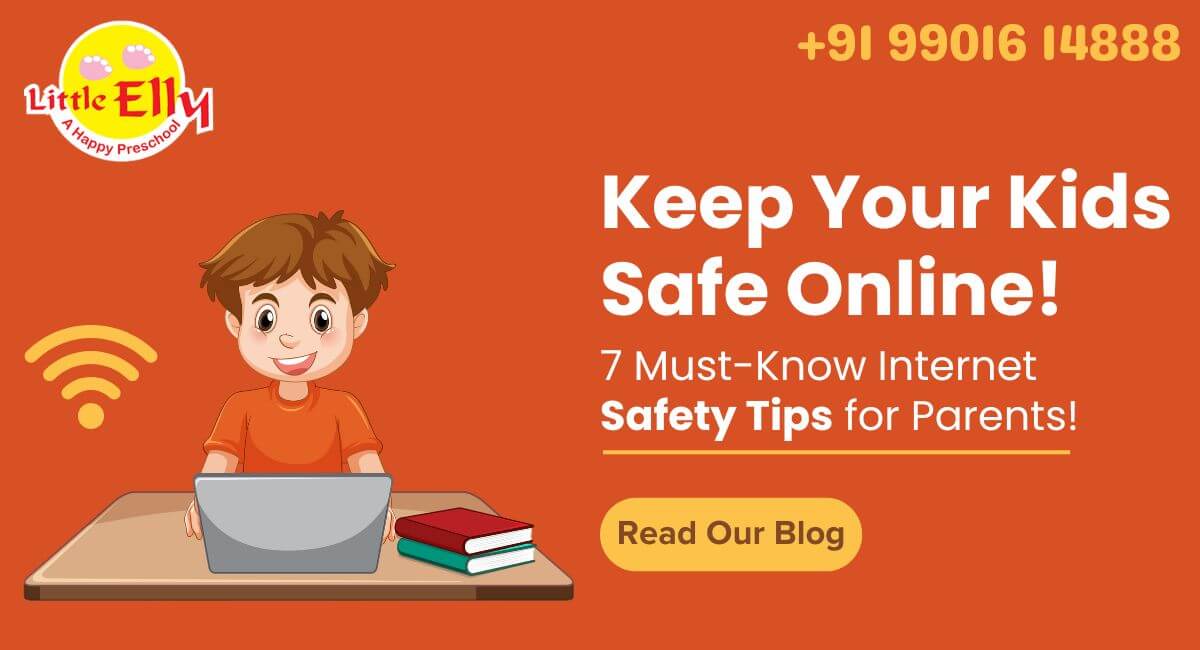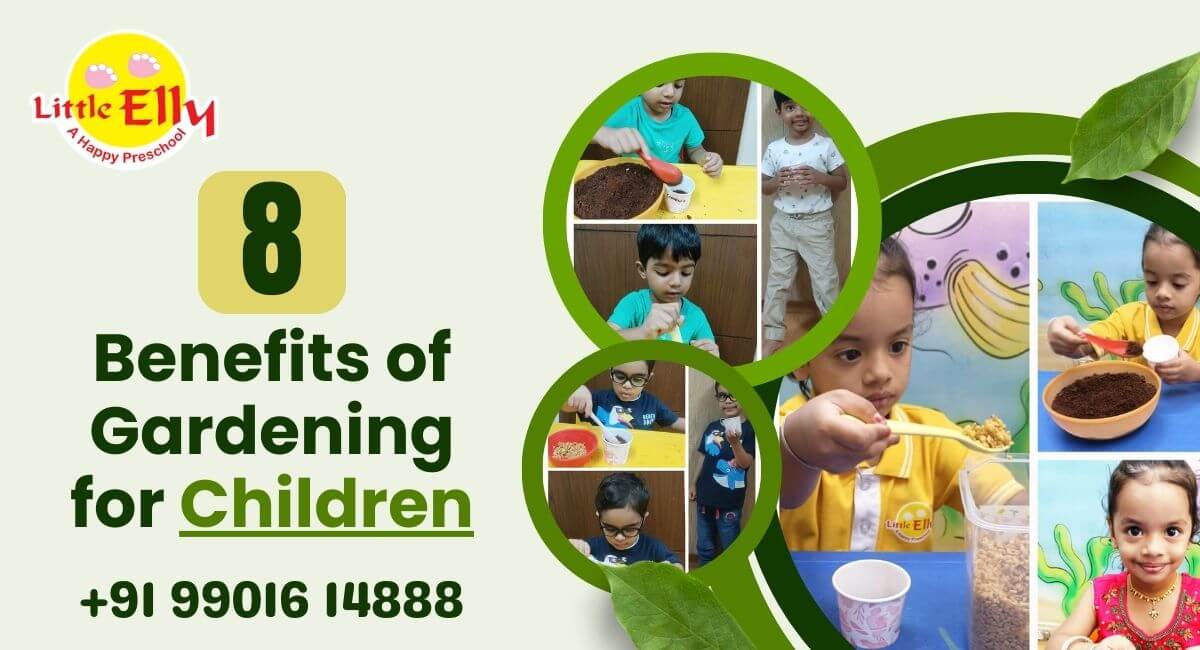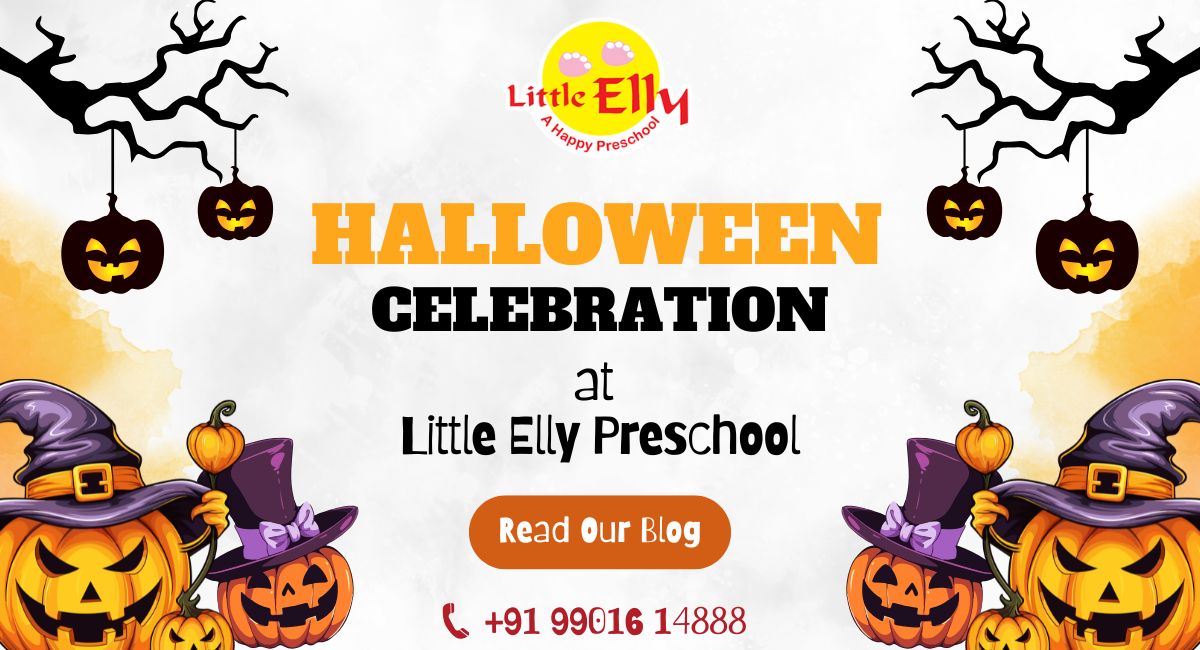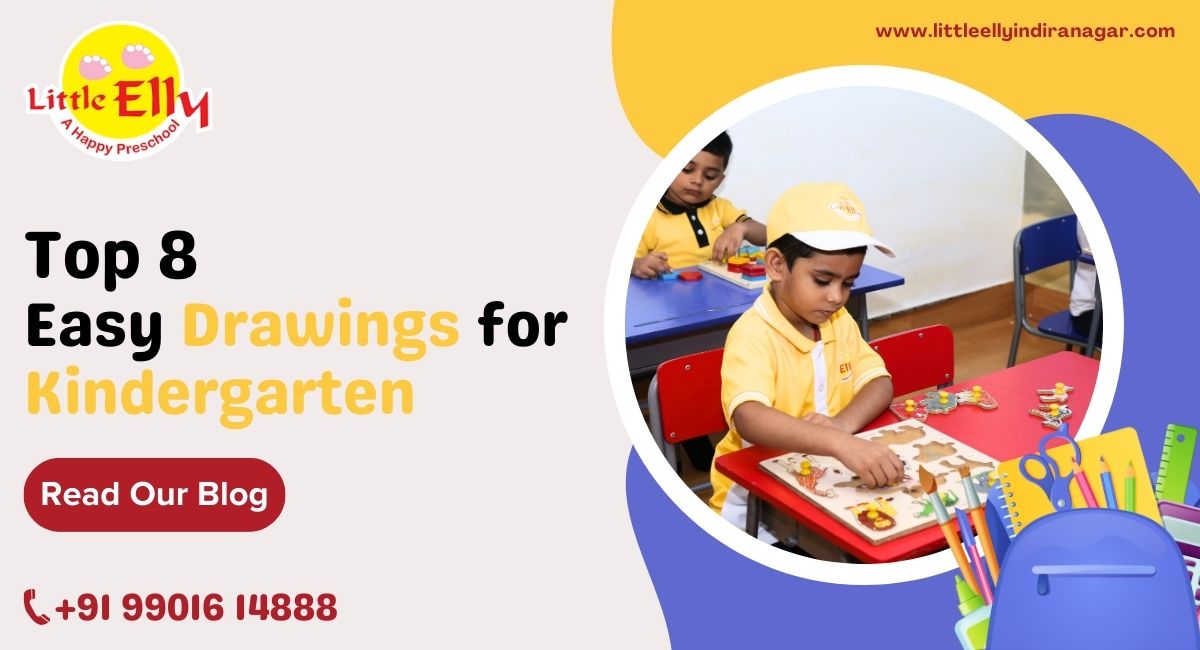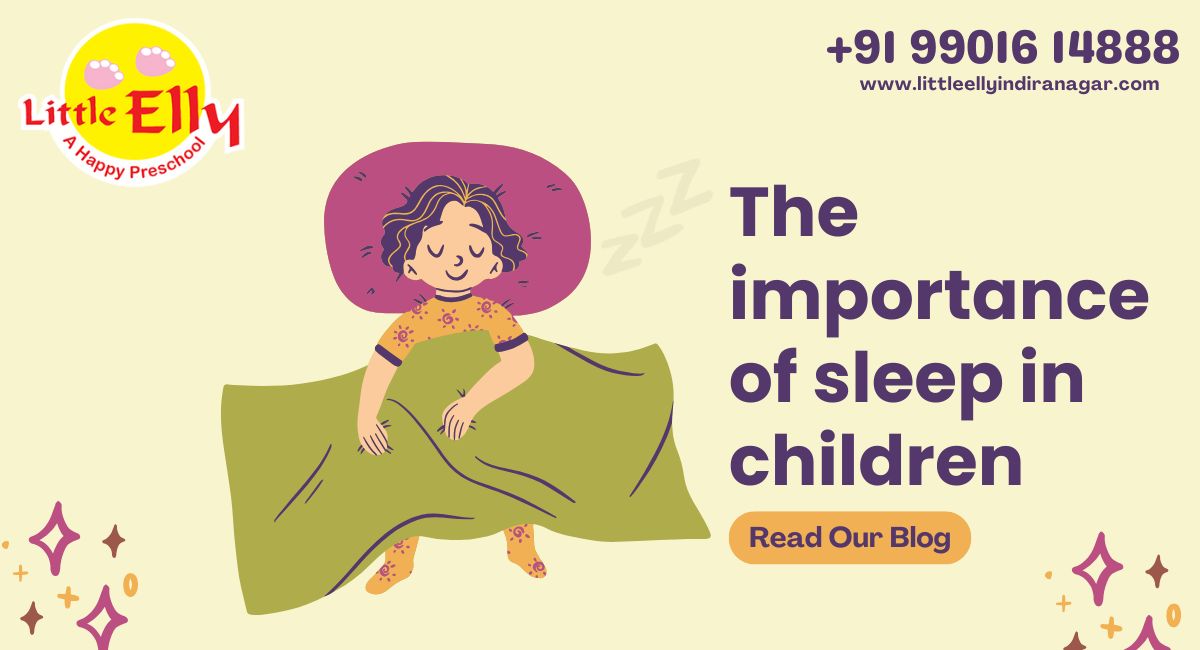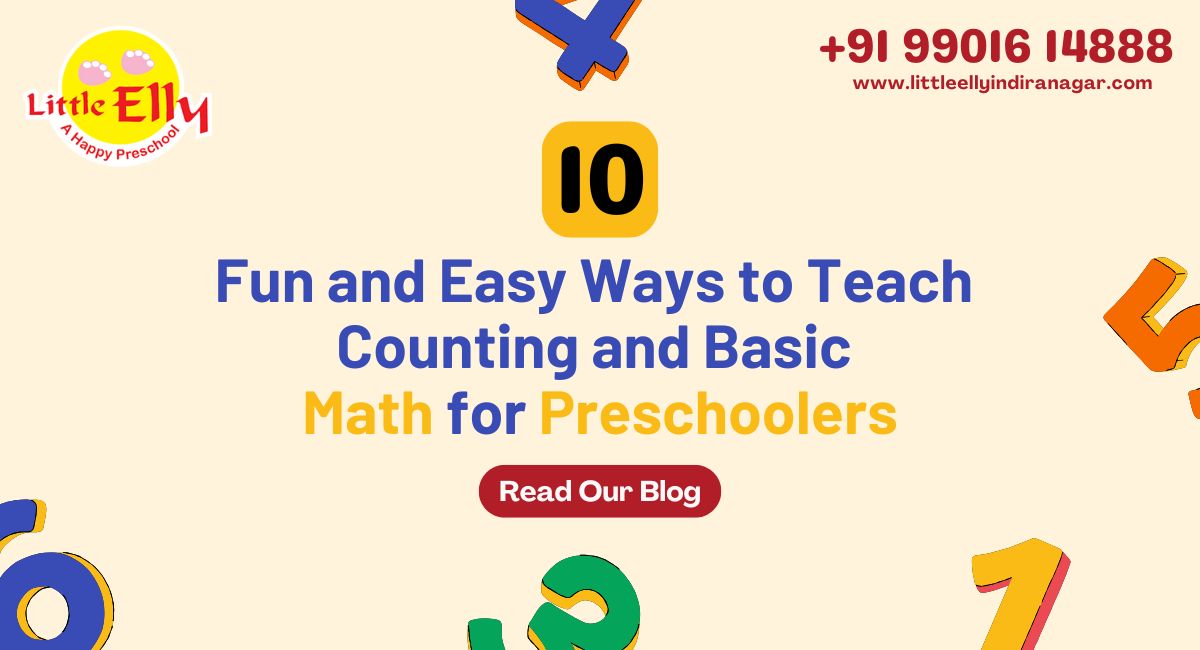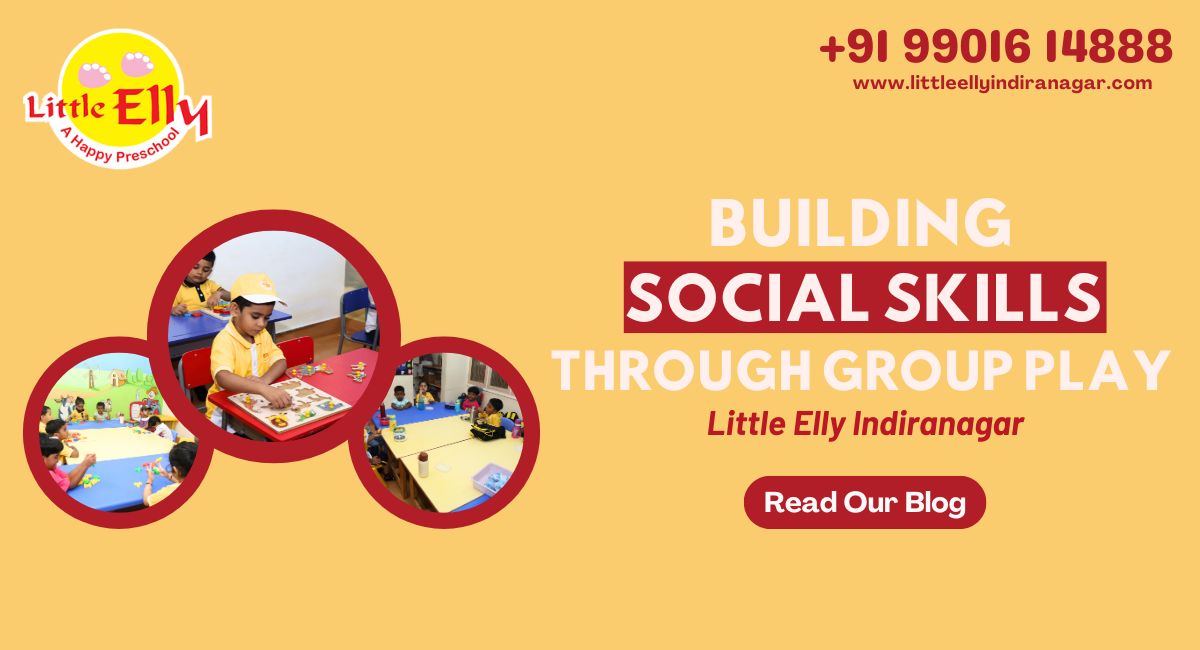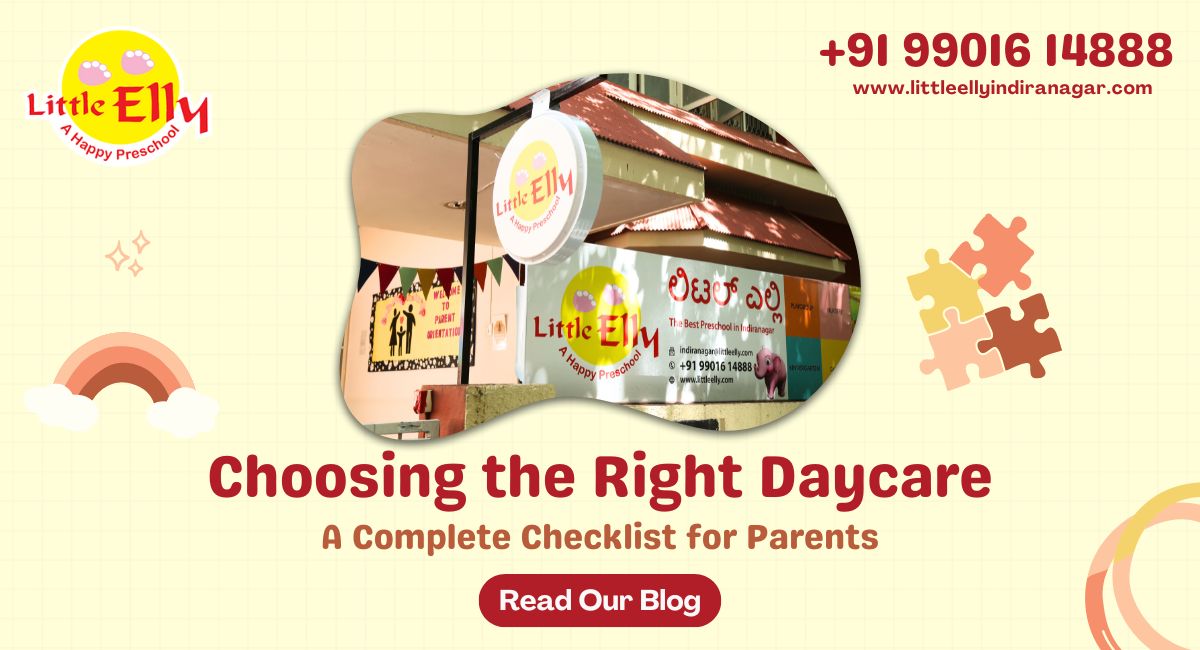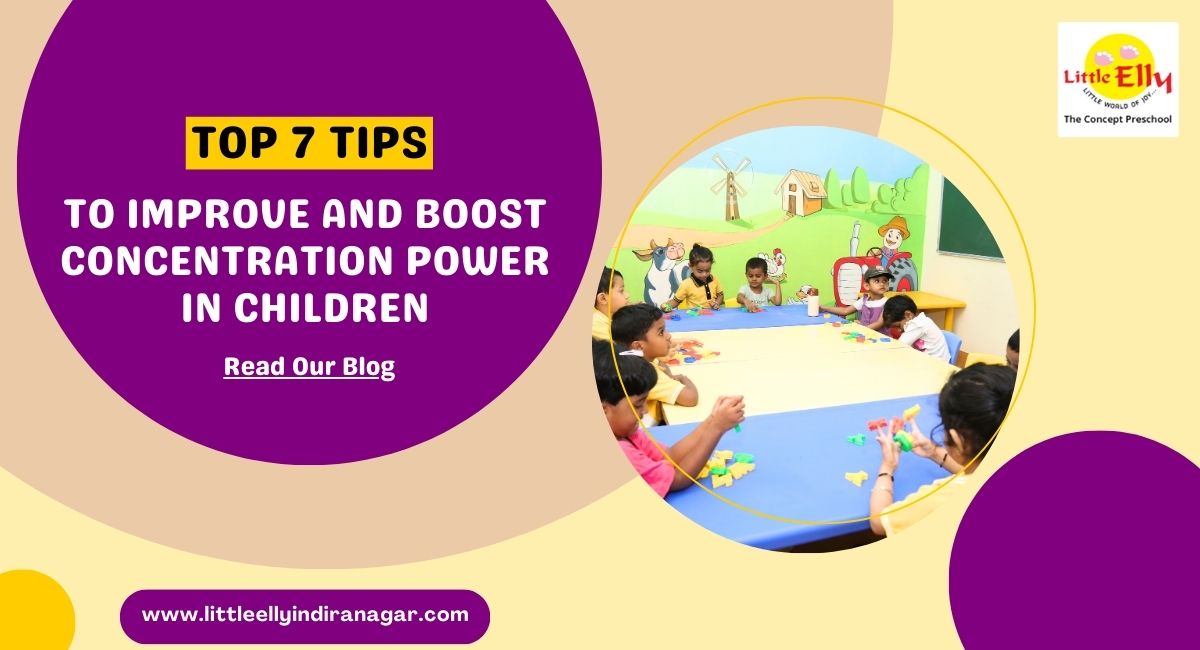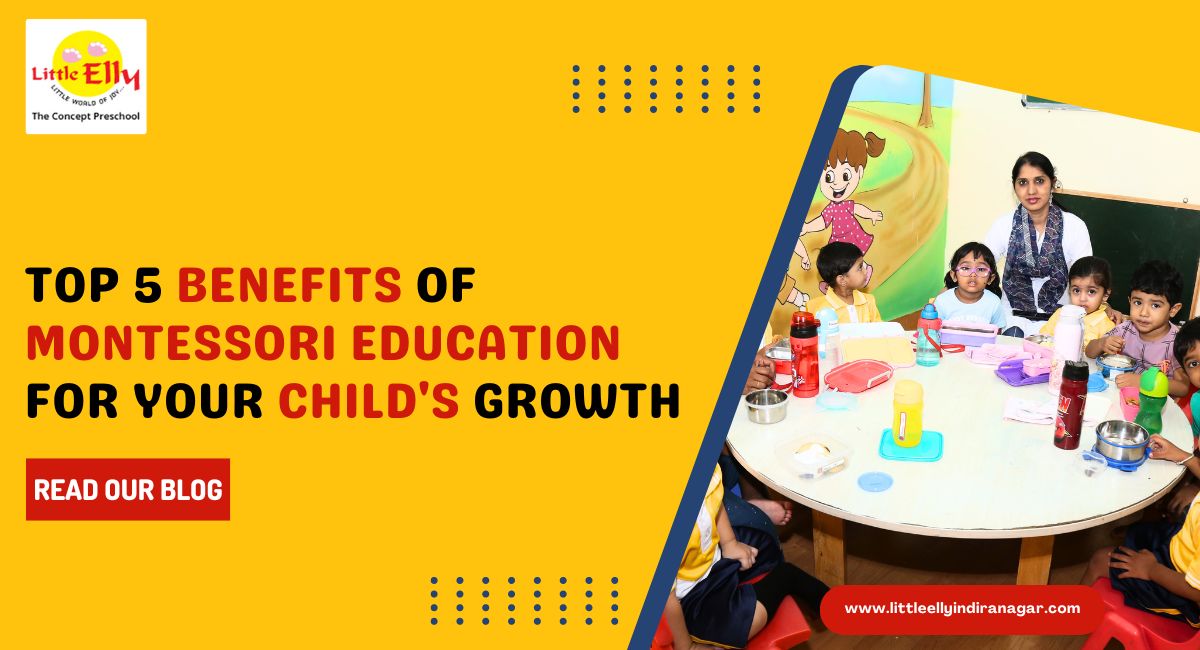First Day of Preschool: Best Tips for Preparing Your Child Emotionally
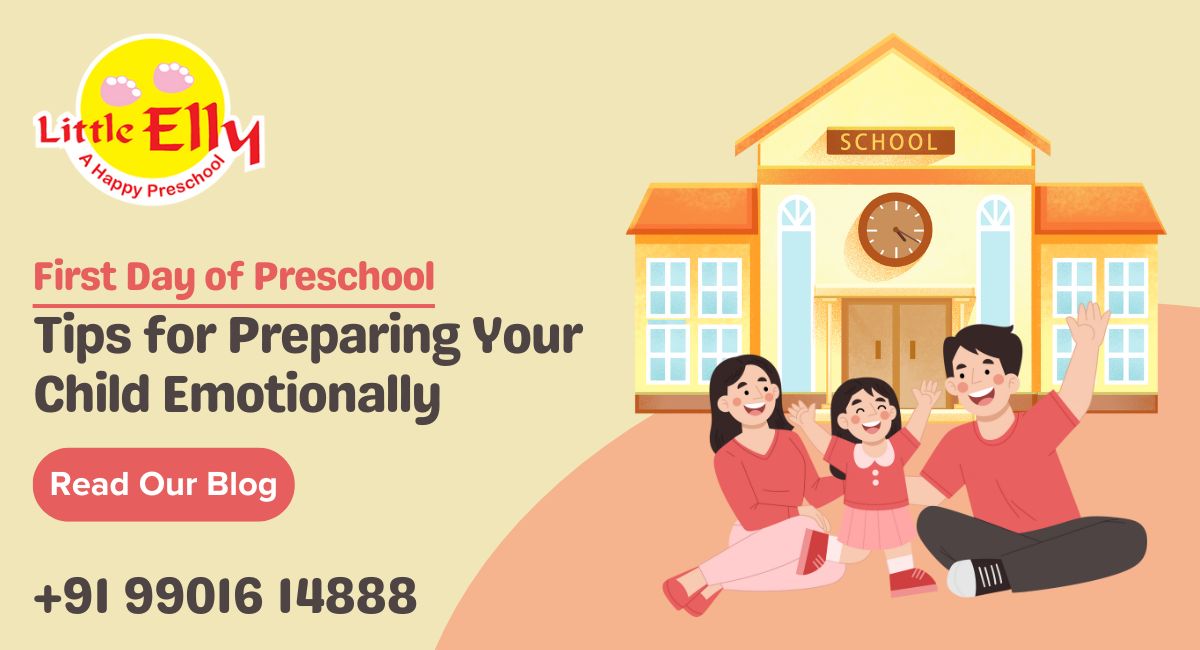
Table of content
Introduction
Why Emotional Preparation Matters for the First Day of Preschool
Understanding and Overcoming Separation Anxiety
What Is Separation Anxiety?
Tips to Ease Separation Anxiety in Children
Creating a Consistent Preschool Routine
Preparing Your Child for Social Interactions
Encouraging a Positive Mindset About Preschool
What to Expect on the First Day at Little Elly Indiranagar
Conclusion
FAQs
Introduction
Starting the first day of preschool is a big step, not just for children but also for parents. It is a milestone filled with excitement and a little nervousness as your child begins their journey into a structured learning environment. While this transition brings opportunities for growth, it also comes with challenges like separation anxiety and adapting to new routines.
In this article, we will Acknowledge the emotional hurdles, Present practical solutions, and Provide actionable preschool preparation tips to ensure your child feels ready and confident for their big day. Whether you are a first-time parent or have experience, this guide will make the process smoother.
Why Emotional Preparation Matters for the First Day of Preschool
The first day of preschool is more than just attending a class; it is the start of your child's journey into social independence. This is where they begin forming friendships, adapting to routines, and developing new skills. However, the key to a successful start lies in preparing your child emotionally.
Why Emotional Readiness Is Essential
Emotional preparation for school helps children adapt more easily to new environments and challenges. Emotionally ready children tend to:
- Adjust faster to changes in routine.
- Form positive relationships with peers and teachers.
- Show curiosity and excitement about learning.
A study by child development experts emphasizes the importance of emotional learning in early childhood, linking it to better behaviour, social skills, and academic performance.
How Parents Can Support Emotional Readiness
As a parent, your involvement plays a crucial role. Simple actions like maintaining a positive attitude, discussing preschool openly, and practising routines at home can make your child feel secure. The best preschool in Indiranagar emphasizes emotional learning alongside academics, ensuring children transition smoothly into this new phase.
Understanding and Overcoming Separation Anxiety
What Is Separation Anxiety?
Separation anxiety is a common emotional response where children feel nervous or scared about being away from their parents. This is especially true for young children experiencing preschool for the first time. Signs of separation anxiety include clinging to parents, crying during drop-offs, or expressing fear of being left alone.
Tips to Ease Separation Anxiety in Children
- Start with Short Separations: Introduce brief periods of separation before the first day of preschool. This helps your child understand that being apart is temporary.
- Create a Goodbye Ritual: A special hug, a high-five, or a cheerful "See you soon!" can make goodbyes predictable and comforting.
- Stay Calm and Positive: Children often mirror their parents' emotions. Staying composed and excited reassures them that preschool is a fun place.
- Bring a Comfort Item: Let your child take a familiar object, like a stuffed toy or a small blanket, to preschool. This provides a sense of security.
- Communicate with Teachers: Share your child's concerns with their teacher. They can provide extra attention and help ease the transition.
Understanding how to reduce separation anxiety in preschoolers is an essential step in building their confidence and independence.
Creating a Consistent Preschool Routine
Routines create a sense of stability and security for children, especially when they are entering a new environment. Establishing a routine before the first day of preschool helps your child feel more in control.
1.Morning Routine
Start your day with activities like brushing your teeth, getting dressed, and having breakfast. Aligning these with the preschool's schedule ensures a smoother adjustment.
2.Practice Independence
Teach your child simple tasks such as washing hands, putting on shoes, or unpacking their bag. These small actions empower them and prepare them for preschool activities.
3.Bedtime Routine
A good sleep is critical for emotional regulation. Stick to a consistent bedtime routine to ensure your child is well-rested and ready for their new adventure. These steps to prepare your child for preschool lay the foundation for a successful and stress-free transition.
4.Preparing Your Child for Social Interactions
Preschool introduces children to a larger social world, which can feel overwhelming at first. Preparing them for these interactions builds confidence and fosters positive relationships.
5.Organize Playdates
Playdates help your child practice sharing, taking turns, and communicating with peers. These skills are invaluable for adapting to group settings.
6.Role-Play Social Scenarios
Use role-play to teach your child how to introduce themselves, ask for help, or join group activities. Practising these scenarios at home reduces hesitation in preschool.
7.Visit the Preschool
Take your child to visit the preschool before their first day. At Little Elly Indiranagar, parents can tour the campus and meet teachers, helping children feel more familiar and less anxious.
Encouraging a Positive Mindset About Preschool
A positive mindset for preschool can make all the difference in how your child approaches this new experience.
1.Talk About Preschool Often
Regular conversations about preschool, focusing on fun activities and new friendships, create excitement rather than fear.
2.Use Storybooks to Address Concerns
Books like The Kissing Hand by Audrey Penn or Llama Llama Misses Mama by Anna Dewdney help children understand that it is normal to feel nervous but that they will have fun at school.
3.Celebrate Small Wins
Mark milestones like packing their bag or meeting a teacher with praise. Celebrating these moments reinforces positive associations with preschool.
By focusing on emotional preparation for school, you are setting your child up for a confident and happy start.
What to Expect on the First Day at Little Elly Indiranagar
At Little Elly Indiranagar, the first day of preschool is designed to be a gentle and welcoming experience for children and parents.
1.Warm and Welcoming Environment
The team ensures that every child feels safe and valued from the moment they walk in. Teachers greet children warmly and guide them through the day.
2.Gradual Adjustment
The first few days focus on helping children settle into routines at their own pace. Activities are designed to engage and comfort them as they adjust.
3.Personalized Support
Teachers are trained to handle separation anxiety with care and compassion. They work closely with parents to address individual needs, making the transition as smooth as possible.
Choosing the best preschool in Indiranagar ensures your child receives the support they need to thrive.
Conclusion
The first day of preschool is a significant milestone that requires thoughtful preparation. By focusing on preschool preparation tips, addressing separation anxiety, and encouraging a positive mindset, you can help your child feel confident and excited.
At Little Elly Indiranagar, we are dedicated to supporting children on their journey, creating a nurturing environment where they can learn, grow, and flourish. Remember, patience and positivity are your best tools in making this transition smooth and enjoyable for your child.
By following these tips and choosing a supportive preschool like Little Elly Indiranagar, you can make the first day of preschool a memorable and positive experience for your child.
Frequently Asked Questions
Why are routines important for preschoolers?
Routines provide structure and a sense of security, helping children feel more in control during transitions.
How does Little Elly Indiranagar support first-day transitions?
The preschool provides a welcoming environment, personalized attention, and gradual introductions to help children adjust.
Why is emotional preparation important for preschool?
It helps children adapt to new environments, build relationships, and approach learning confidently.
What are the best ways to ease separation anxiety?
Start with short separations, use goodbye rituals, and encourage comfort items.
How can I prepare my child emotionally for preschool?
Build routines, discuss preschool positively, and introduce them to social interactions early.

